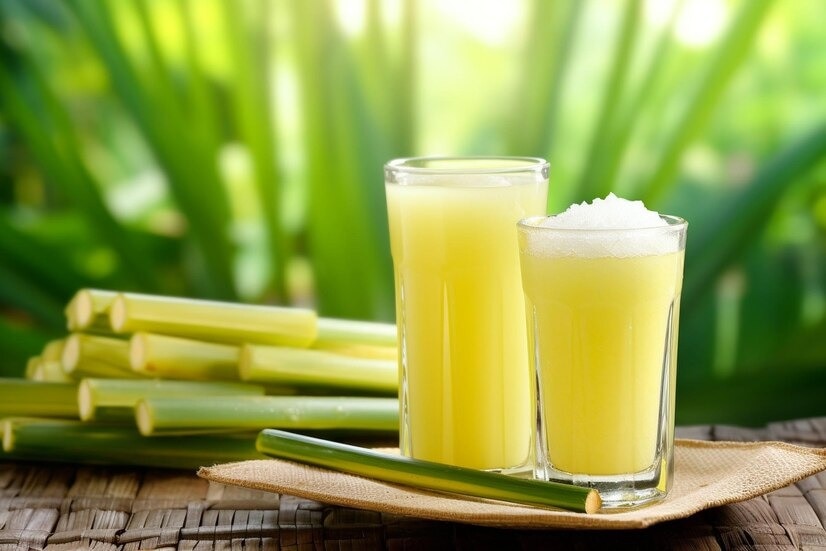To promote healthier eating habits, the ICMR and the National Institute of Nutrition (NIN) have released new guidelines. Read below!
Many people find relief from rising temperatures in juices and cold drinks, with sugar cane juice being a popular choice. However, due to its high sugar content, the Indian Council of Medical Research (ICMR) has advised against excessive consumption, citing health risks. To promote healthier eating habits, the ICMR and the National Institute of Nutrition (NIN) have released new guidelines.
The ICMR has highlighted that sugarcane juice contains high levels of sugar, with 13-15 grams of sugar per 100 milliliters. “Sugarcane juice, which is widely consumed in India, especially during summers, has high sugar content and therefore its consumption should be minimized,” the ICMR said.
CONSUME WHOLE FRUITS INSTEAD OF FRUIT JUICES
Additionally, the ICMR recommends avoiding fruit juices with added sugar, suggesting that whole fruits, with their fiber and nutrients, are a healthier option. Freshly prepared juices should contain no more than 100 to 150 grams of whole fruit. According to the ICMR, “whole fruits are preferable as they contain fiber and other nutrients.”
SOFT DRINKS NOT SUITABLE WATER SUBSTITUTES
Carbonated and non-carbonated soft drinks are also included in the ICMR list of drinks to avoid. These drinks could include sugar, artificial sweeteners, flavors and edible acids, all of which are dangerous in excess. “Soft drinks are not a substitute for water or fresh fruits and should be avoided,” the ICMR said. It is recommended to use buttermilk, lemon water, coconut water, and full fruit juice (no added sugar) as substitutes.
The ICMR emphasizes the importance of a balanced diet rich in fruits, vegetables, whole grains, lean meats and seafood, in addition to following beverage guidelines. The guidelines also recommend reducing sugar, salt and oil intake to maintain overall health.
–>
